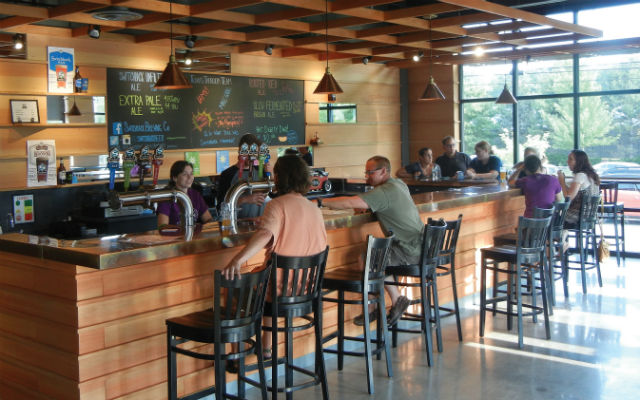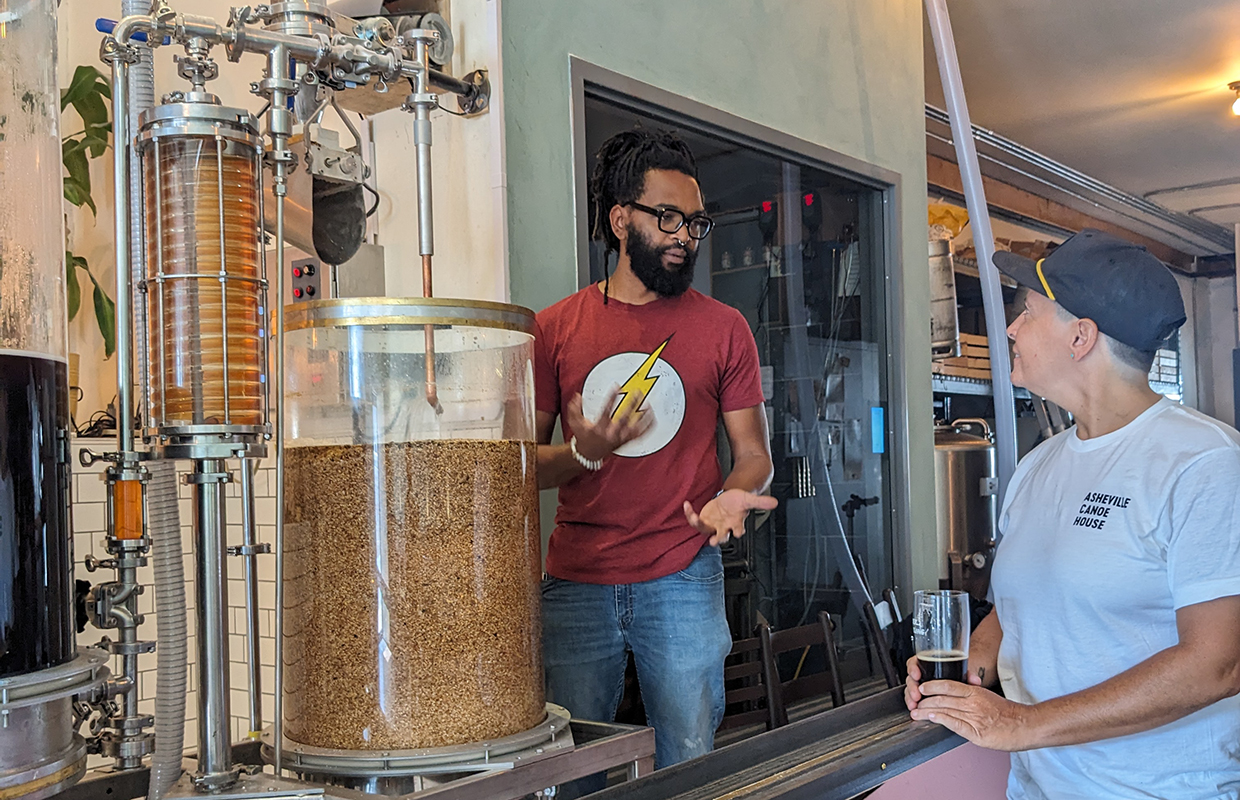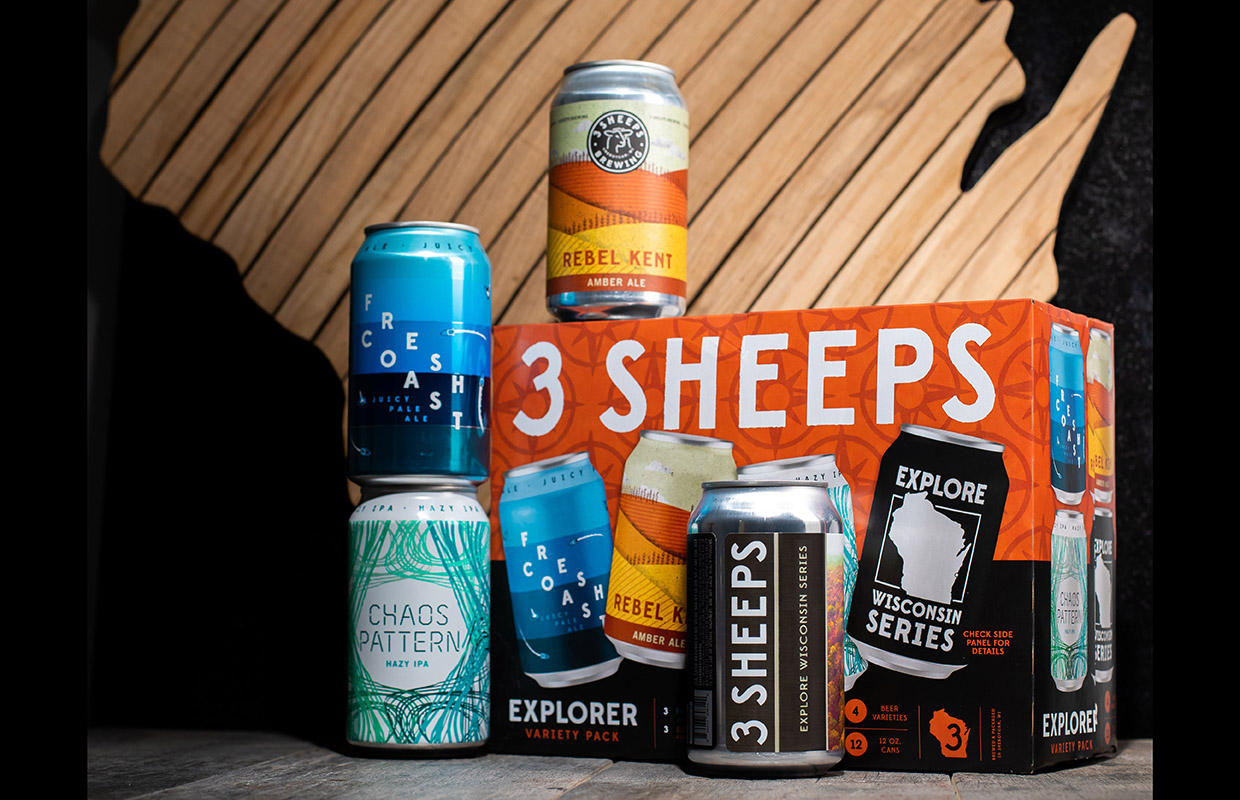
Forming an ESOP isn’t easy, but Cherry, who is the brewery’s Brewmaster and President, felt it was the right fit for his company, which sold 30,000 barrels in 2016 through its distribution area of Vermont, New Hampshire, Maine, and Rhode Island, along with the upstate part of New York (north of Albany) and parts of Massachusetts. Plans in 2017 include filling in the rest of Massachusetts beginning to sell in Connecticut to serve all of New England.
CHERRY: The ESOP provided a way for me to lock in a succession plan while staying completely involved with the company. I was not looking to leave or cash out. Neither a buyout from a large brewery or venture capital was appealing. I felt that type of new ownership would drive the brewery into a growth mode that was antithetical to the company’s ethos of working for the beer and the employees. I had no interest in walking away from the brewery I had founded. The ESOP provided a way for me to hand off the brewery to the people I most trust to carry on its legacy, and begin taking some financial reward while I’m relatively young.BREWER: Where there any benchmarks that you saw that your brewery needed to do before going this route?
CHERRY: We waited until we had released our beer in six-pack bottles. We had been draught only for ten years, followed by two years of 22oz bottles. We knew the six-packs would be a big boost to the company and set us up for future growth. Before doing that the finances of valuating the company would have been much more complex, and the future capital needs less predictable.

BREWER: What were some of the biggest challenges in forming the ESOP?
CHERRY: There are many challenges, actually. The feasibility studies and legal work is expensive, the burden on the company’s accounting team to provide financial information for the valuation is time consuming. A big challenge is explaining the ESOP to the investors, along with its ramifications for them. The final process is done by hiring a trustee to represent the employees, who negotiates on their behalf. This was a tough and adversarial negotiation that could have fallen apart at any time.
BREWER: What were the best resources of information you used (online or other breweries) when looking into making this happen?
CHERRY: I attended multiple seminars, typically organized by advocacy groups or legal and valuation teams. The NCEO (National Center for Employee Ownership) provided excellent resources to research and better understand ESOPs, and we have a local group, VEOC, that also provided guidance. Ultimately, using an attorney that specializes in ESOP transactions was crucial. The seminars and VEOC gave me exposure to appropriate legal assistance.
BREWER: Do you see any immediate changes being made since the ESOP? (Such as employees, now co-owners, showing initiative or leadership after being empowered by the switch?)
CHERRY: Our brewery was very well positioned for this. We were already an open book company, sharing financial information with the entire staff. So we already had a very inclusive management style, and the employees were pretty well educated on costs and profitability. As the reality of the ESOP sinks in, everyone is becoming laser focused on expenses and productivity. The employees are beginning to take initiative on long term planning and cost control.




Be the first to comment